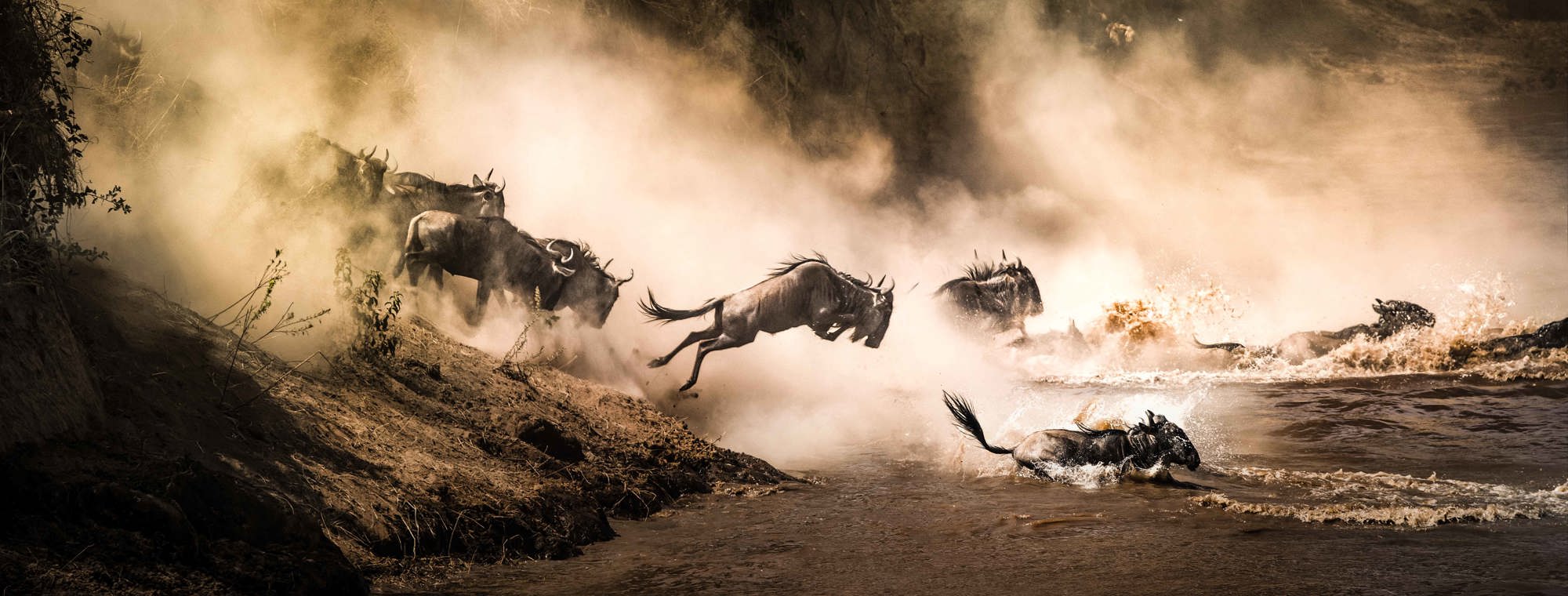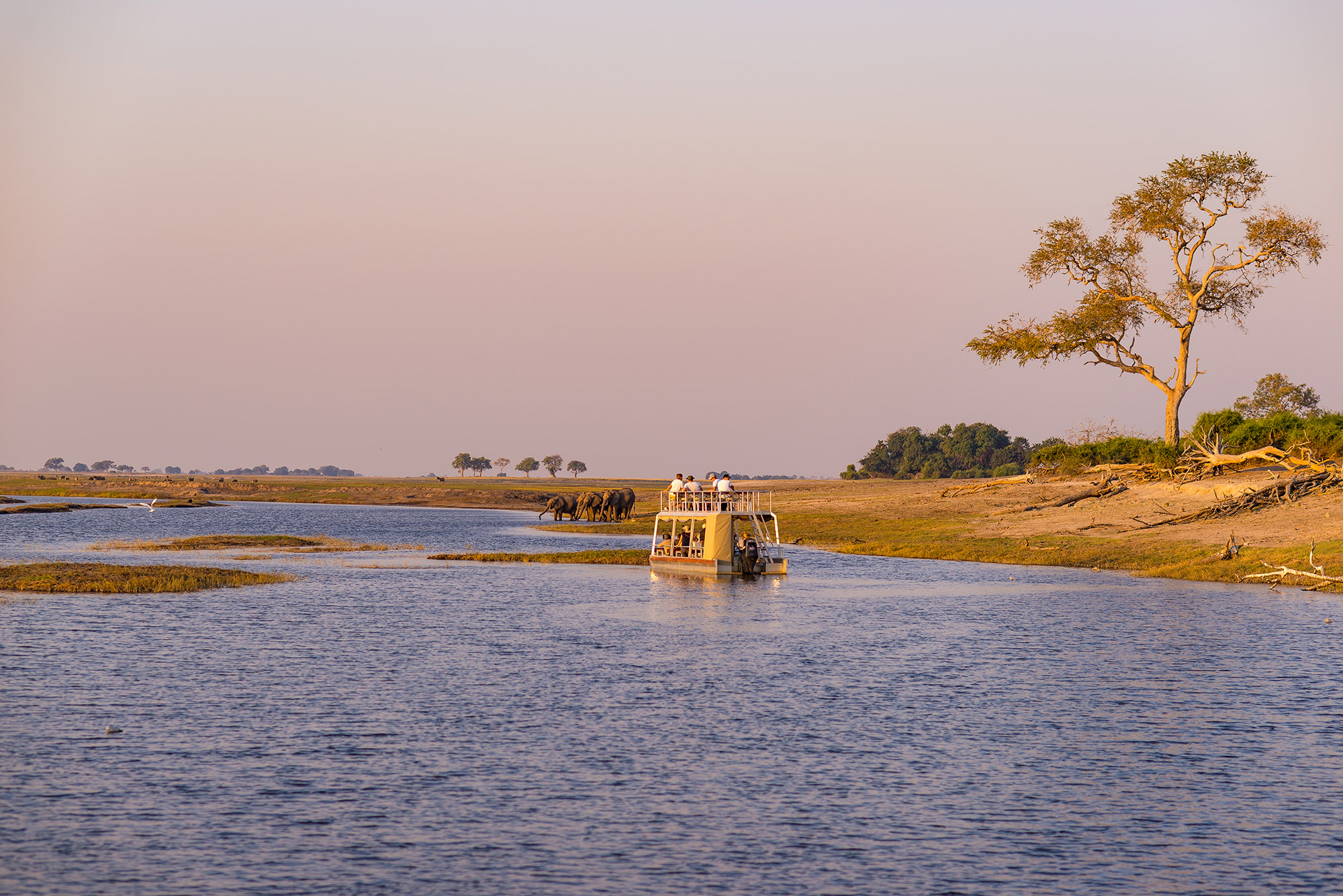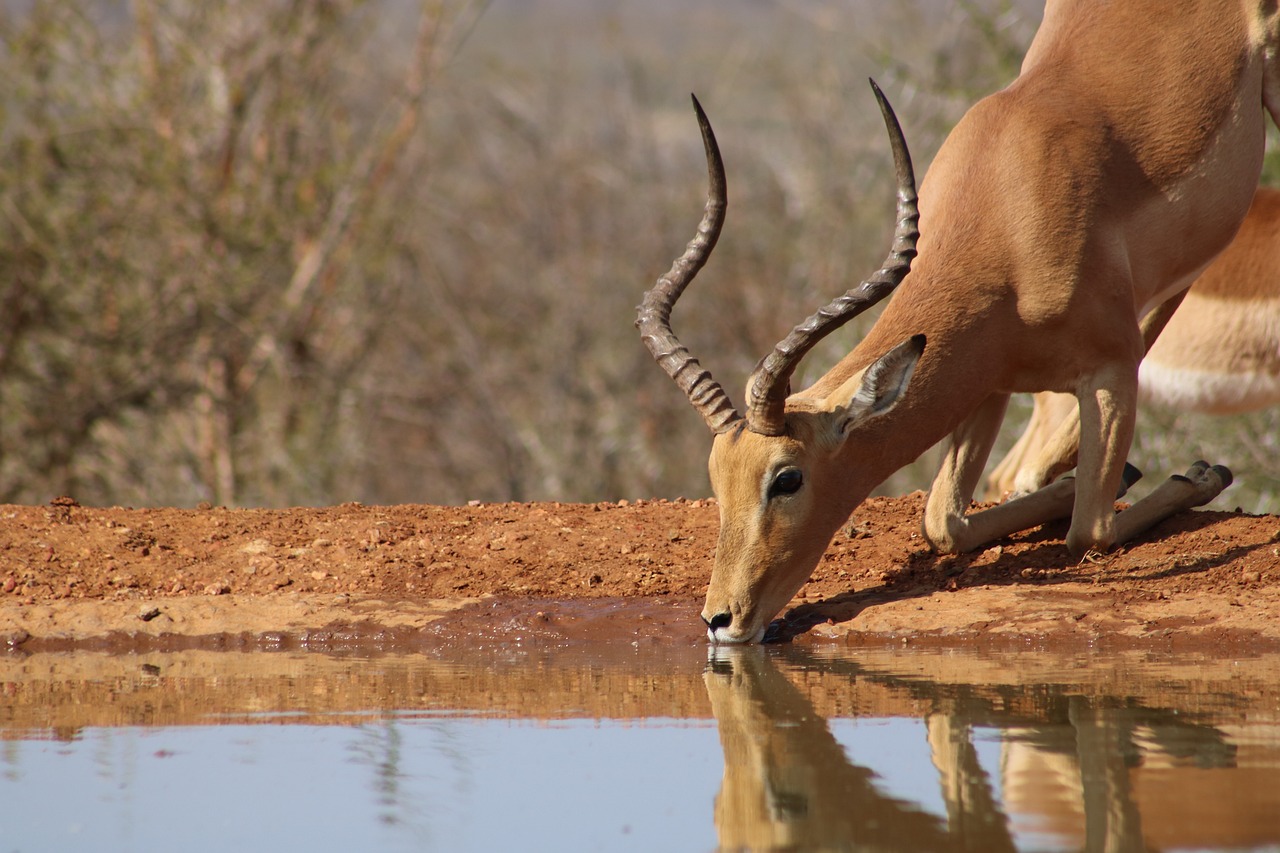Wilderness Wildlife Trust
TreadRight Wildlife Project

Project Objective
This former partnership supported the Wilderness Trust which led a wide variety of wildlife management, research and education projects in southern Africa. Research camps were set up so that conservation researchers could use as their base for ongoing investigations into the habitats of local elephants, zebra and antelope.

How TreadRight Makes an Impact
Previous support from TreadRight enabled the Wilderness Wildlife Trust to build three research camps and purchase three 4×4 vehicles to service the camps. The camps, powered by solar energy, are located in remote parts of Botswana – the Okavango Delta and Linyanti areas. These facilities allow for far greater conservation ecology, and research output for Africa’s last remaining wild ecosystems and are renowned as one of the best game viewing areas in the region.
The research units have since carried out numerous significant ecological and social investigations – from biodiversity surveys to long-running MSc and Ph.D. projects. Areas covered have included amphibians, spiders, elephants and vegetation impact, socio-economic surveys of rural Botswana communities and their attitudes towards conservation and tourism, white rhino ecology, giraffe genetics, bat diversity, and more.
TreadRight also provided additional funding for two separate projects:
Home range and habitat use by Sable Antelope in the Okavango Delta
Wild Dog behavior and movement patterns: a comparison between the Linyanti, the Okavango, and the Kalahari Wild Dog packs

Using GPS technology to record the hourly positions of animals, these projects provided crucial insights into the behavior, range size, habitat preference, and energy expenditure of these species. The projects have also allowed young academics from Botswana and Zimbabwe to complete their MSc research, kick-starting their careers as conservationists.
UN Global Goals
This project takes urgent action to protect and prevent the extinction of threatened species in Southern Africa.









